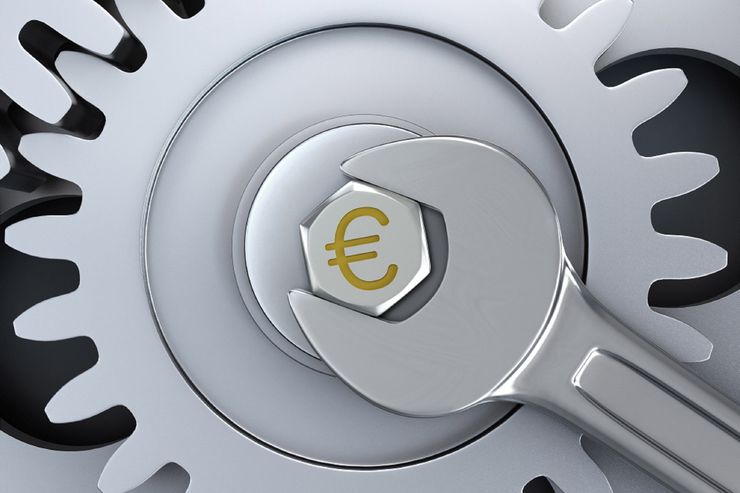Dhe Germans are seen as hard-working savers and pension providers in international comparison. But not all German citizens see themselves financially in a position to cover old age, illness and other eventualities with the given means as desired.
In the Statista report “Finances & Investments in Germany 2020”, one fifth said they would like to have more money on the high edge. Of these, 75 percent state that their household income is too low for that.
Everyday consumption holds a lot of potential for savings
Another study now shows where German private households waste money on avoidable expenses. As the platform Weltsparen / Raisin has determined, these everyday expenses add up to a total of around 538 billion euros annually, and per capita within one year to around 8,857 euros.
Working people spend around 3,927 euros a year during their lunch break. Furthermore, groceries worth 235 euros per person end up in the garbage can. Expenditures for drinking water amount to an average of 437 euros, although the same amount of tap water costs only 1.5 euros a year. Smokers smoke on average 3.25 euros a day or 1,186 euros a year. Those who save themselves the tax return will forego an average tax refund of 1,027 euros.
Small changes with a big impact on the pension funds
According to the survey, consumers paid an average of 243 euros for electricity and 575 euros for gas too much from local basic suppliers. And there is also potential for savings of up to 179 euros per year on the mobile phone tariff. Cash assets also lose value every day. The reason is the inflation rate of 1.4 percent (Federal Statistical Office), which makes the piggy bank thin.
Tamaz Georgadze, co-founder and CEO of Raisin is convinced that factors such as food thrown away, daily business lunch, unused gym membership, cigarette consumption, regular gambling, consumption of bottled water, power supply, gas supply and mobile phone contract with the basic provider, account management fees, cash assets without a deposit all at one Fixed or overnight accounts as well as not having to submit a voluntary tax return unnecessarily prevent many savings and security solutions: “Most people could easily save money, but many underestimate the potential for savings in everyday life. Often there are only very small changes with minimal effort and that’s it at the end of the year you are much more on the high edge. “
Source: Weltsparen
Author (s): Swantje Francke
–


